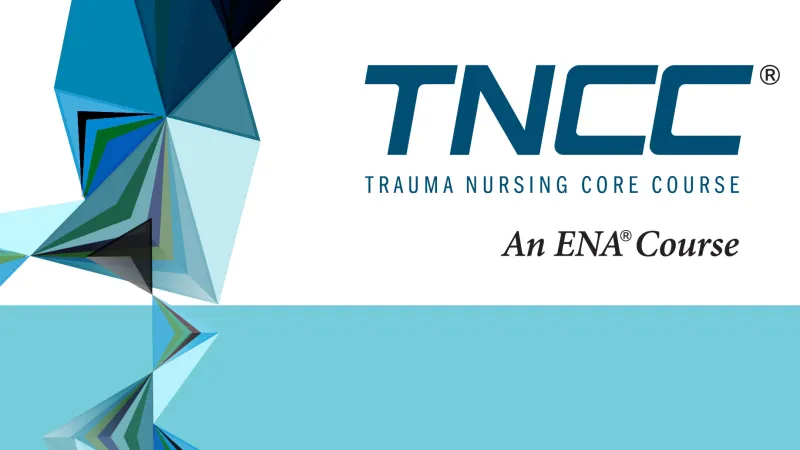Breadcrumb
ENA Statement on ACEP ED Accreditation Program
On Wednesday, ENA issued the following statement about an ED Accreditation program developed by the American College of Emergency Physicians.
ENA and ACEP have long-partnered – just as emergency nurses and physicians do every day – on the key issues that impact patient care in the emergency department.
With the goal of achieving the best possible outcomes for each and every patient, it is important to remember the entire emergency care team plays a pivotal role. The ED requires tremendous teamwork, with everyone moving in the same direction.
Although ENA and ACEP fundamentally agree on much of what is needed to not just deliver the best clinical care possible, but also create healthy work environments that support nurse and physician health and well-being, the framework announced by ACEP for its accreditation program falls short of being comprehensive and collaborative to achieve our common goals.
The program’s goal describes elevating the practice of emergency medicine and the role of emergency physicians, but makes no references to the vital ways emergency nurses, nurse practitioners and advanced practice nurses contribute to the successful operation of an emergency department.
ENA also has concerns with the following aspects of the program:
- This accreditation, as described, is based on adherence to certain ACEP policies and practice standards, with quality criteria primarily driven by physicians. ENA finds it short-sighted for an ED accreditation program to be solely led by, or subjectively based on standards of, emergency physicians. Any ED accreditation should be based on independent verification of best practices, policies and clinical standards.
- The program does not allow nurse practitioners to work to their full scope of practice.
- There are unanswered questions about the program’s impact on emergency nurses, ED operational standards, quality measures or actual benefits of this accreditation in terms of patient care or emergency department improvements.
- The ACEP accreditation classifications could create confusion for EMS and the public due to similarities with trauma center designations.
The concept of an ED-specific accreditation is laudable, and the program does reference several policies and guidelines supported by ENA. However, ENA asks ACEP to pause its roll out of this initiative until such time as an interdisciplinary group within the emergency care team is consulted on the framework and goals of this accreditation program.
Anything less would be a missed opportunity for collaboration to create a meaningful ED accreditation program supported by the entire emergency care team.
- ENA President Chris Dellinger, MBA, BSN, RN, FAEN
The Emergency Nurses Association is the premier professional nursing association dedicated to defining the future of emergency nursing through advocacy, education, research, innovation, and leadership. Founded in 1970, ENA has proven to be an indispensable resource to the global emergency nursing community. With 50,000 members worldwide, ENA advocates for patient safety, develops industry-leading practice standards and guidelines and guides emergency health care public policy. ENA members have expertise in triage, patient care, disaster preparedness, and all aspects of emergency care. Additional information is available at www.ena.org.
